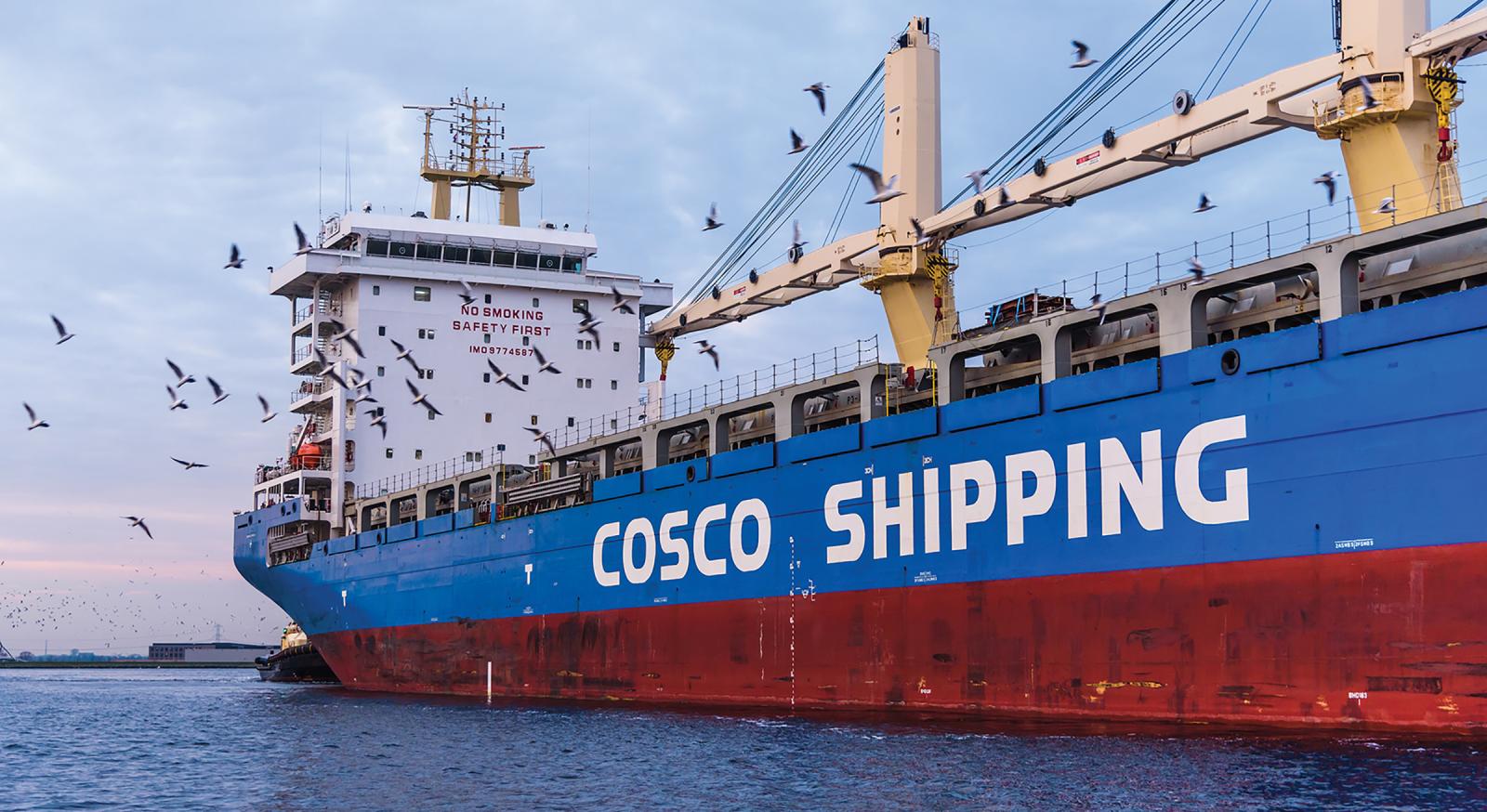Here's an article from Proceedings Vol. 146/2/1,406, April 2020:
U.S. Privateering Is Legal
(See also: Unleash the Privateers!)
Issuing letters of marque presents international legal risks—some real, others imagined—but these are manageable. Further, since a conflict with China might, to paraphrase Dean Acheson, threaten the power, position, and even the existence of the United States, the demands of the conflict would limit the salience of law.1 Such a conflict would result in thousands of U.S. service member deaths and the nearly certain loss of dozens of U.S. Navy ships. The proper frame of reference is spring 1942, when the United States was reeling from the harsh realities of war with Imperial Japan, and not the regional conflicts of the late 20th and early 21st centuries, in which the United States had overwhelming military superiority. A conflict with China would be World War III, not Gulf War III. Military and civilian leaders, as well as the public at large, should judge risks in those terms.....MUCH MORE
The first risks affect privateers themselves. Under the laws of war and neutrality, warships have rights against arrest and proscription by neutrals. Neutrals might choose not to extend those rights to privateers that want to enter their national waters, for example, to refuel. The United States could mitigate this by using friendly ports, negotiating understandings with neutrals, or pacifying them with other elements of U.S. power.
Critics will call privateers mercenaries, but that would hold no water, legally speaking. The 1977 Additional Protocol I (AP I) of the Geneva Conventions deprived mercenaries of combatant and prisoner-of-war rights, but even under AP I (which the United States has not adopted), privateers cannot be labeled “mercenaries” so long as they are a national of a party to the conflict or a resident of territory controlled by a party to the conflict.
Under both the Second (sick and shipwrecked members of the armed forces at sea) and Third (prisoners of war) Geneva Conventions, privateers are entitled to significant protections. They would be regarded as “members of other militias and members of other volunteer corps” so long as they (1) are commanded by a person responsible for his subordinates, (2) bear fixed distinctive signs recognizable at a distance, (3) carry arms openly, and (4) conduct their operations in accordance with the laws and customs of war.2 These requirements can easily be accommodated....
Not to put too fine a point on it but here's the graphic that accompanies the article:

COSCO, China’s largest shipping company, is a state-owned enterprise.
Though that makes no legal
difference, public perception might be
positively influenced by knowing the Chinese government and
Communist
Party would be the ones to pay the price for U.S. privateering
Another article from the same edition:
The Future of Logistics is Information Dominance
All Issues
And Naval History Magazine
Ah, February 2019:
The ‘Deepest Insult . . . since the Norman Invasion’
In 1665, cutthroat maritime competition between England and the Dutch Republic erupted into a naval war that climaxed with a devastating raid on the Royal Navy’s Chatham Dockyard....
Gotta keep an eye on the Dutch
As we noted a couple years ago:
"Psychopaths in the Netherlands are different from psychopaths in the US"
Yes.
They say verzekering and herverzekering rather than insurance and reinsurance.